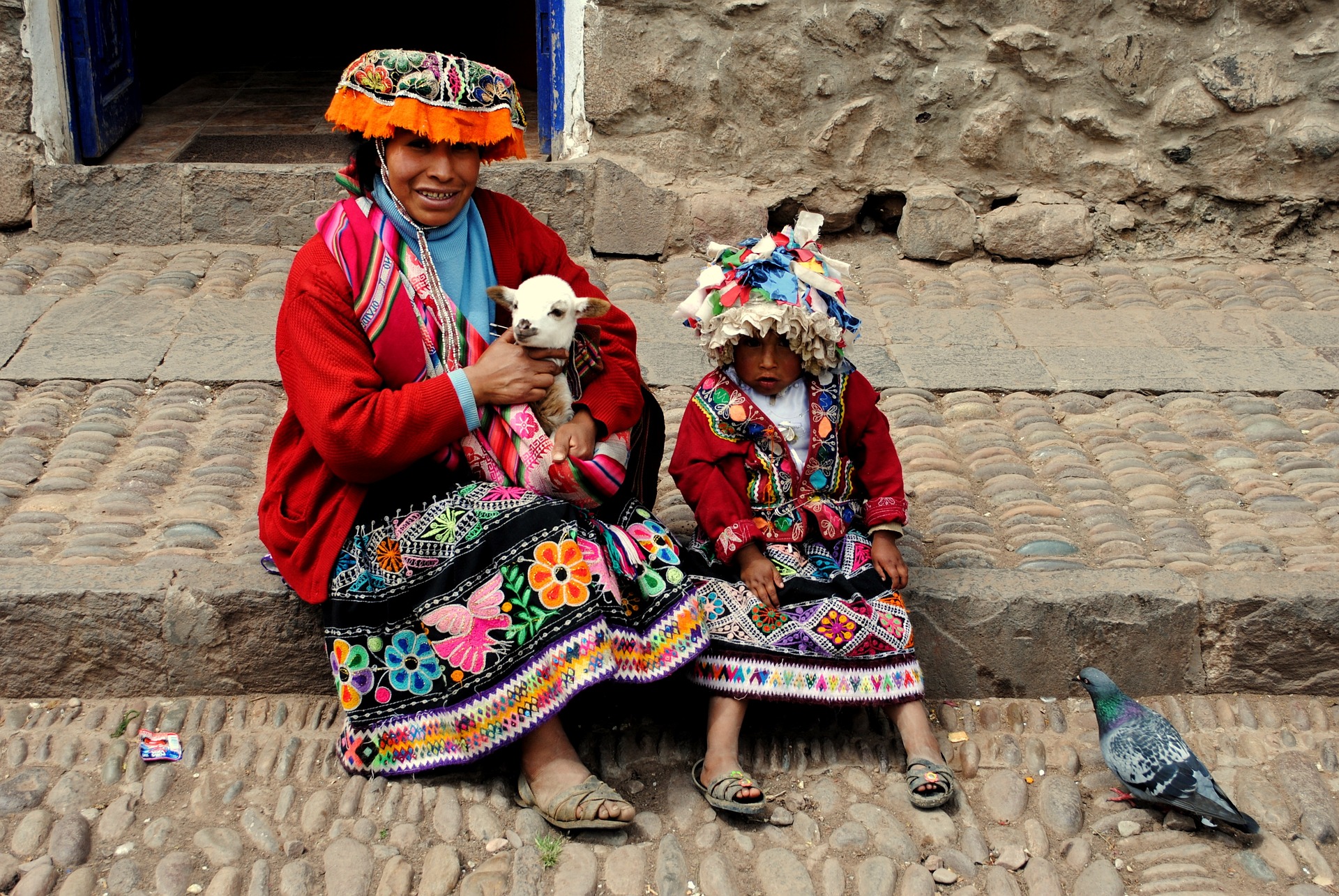The question of what to call the indigenous peoples of the Americas today is an important and complex one, arising from the historical and cultural developments of the past centuries. The term “Indian” is no longer considered appropriate and is often seen as outdated. In this article, we will explore how the indigenous peoples of the Americas are referred to today and the significance of these terms.
Indigenous Peoples
The term “indigenous peoples” has gained importance in recent years and is now widely used to describe the diversity of the indigenous population of the Americas. It emphasizes that these peoples are the original inhabitants of the continent and have a right to their culture and land. The word “indigenous” comes from Latin and means “native.” Today, it is used globally for indigenous communities.
Native Americans
The term “Native Americans” is a commonly used designation for the indigenous peoples of the United States and Canada. It highlights their original heritage and their rights to land and resources. The term became popular in the 1960s and is widely used today.
First Nations
The term “First Nations” is used in Canada to describe the indigenous peoples there. It emphasizes their historical and cultural significance as the first nations to inhabit Canada. This term is preferred by the indigenous peoples of Canada and underlines their special relationship with the Canadian state.
Indios
The term “Indios” is used in some Latin American countries to refer to the indigenous peoples of the Americas. However, it has a negative connotation and is often considered offensive or racist.
Other Terms
There are many other terms used to describe the indigenous peoples of the Americas. Some of these terms emphasize the cultural diversity and uniqueness of the various tribes and nations. Examples include “Inuit” in Canada, “Maya” in Central America, and “Quechua” in South America.
In summary, the designation of the indigenous peoples of the Americas varies from country to country and is often determined by the preferences of the indigenous communities themselves. It is important to respect the diversity and uniqueness of their cultures and traditions and to be aware of their concerns and struggles. Indigenous peoples have the right to their culture and land and deserve our recognition and support.

